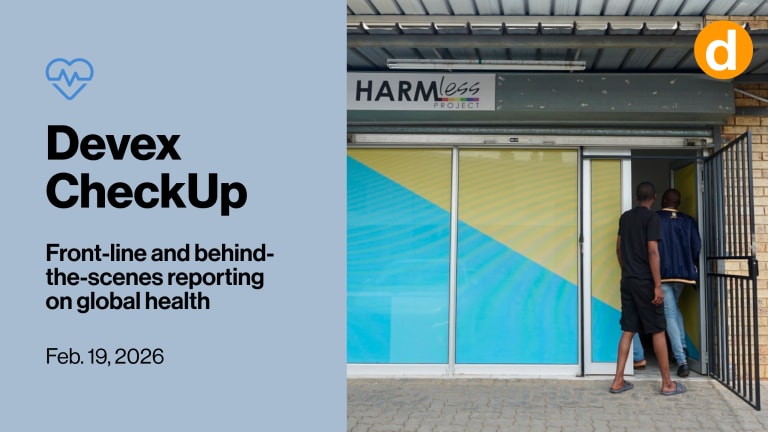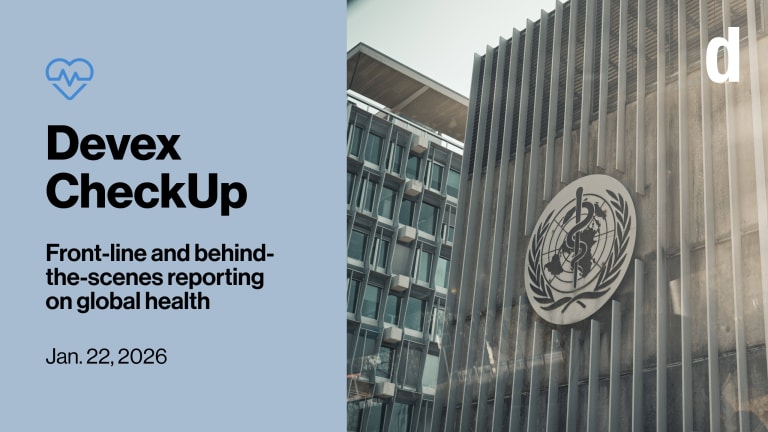
As of early September, there was still no letup to the spread of Ebola in West Africa. As of late August, more than 3,000 had come down with the disease — roughly half had died — and the World Health Organization had estimated that more than 20,000 people in the region could contract the virus during the course of the current outbreak.
World leaders and global health experts were scrambling to find ways to bring the epidemic to an end because of its far-reaching impact.
“Liberia is seeing violence rise again as a result of the destabilizing virus, illustrating a cycle that affects more than just health, but a nation’s ability to fully rebound from one shock before another hits,” noted Michael Myers, managing director at The Rockefeller Foundation, in an exclusive commentary for Devex.
Myers echoes what has been said so many times, including by respondents to a global survey Devex did early this year: The best way to prevent diseases is to invest in building and strengthening health systems.
Why, then, didn’t health policymakers make these investments to stop the spread of the disease, asked Devex readers.
Universal health care advocates may need to readjust their focus, a reader named Legrino suggested.
“Preventing premature deaths and disease is demonstrably not the goal of UHC activists because if it were, they would advocate for tobacco taxes, environmental risk reduction like pollution of air, water, aflatoxin contaminated food and livestock, sugar, tobacco, indoor coal cooking,” Legrino wrote. “It is these things that generate most of the disease burden on the poor. Not absence of UHC.”
Instead, health sector decision-makers should invest more in sanitation and areas that could prevent diseases, Legrino said. Other Devex readers agree with Legrino’s arguments about the need for responsible leadership and prioritizing prevention measures.
Countries have invested in strengthening their health systems, but those investments have largely been made in response to concerns such as rapid population growth in the 1980s and the AIDS epidemic at the start of the century, others have argued.
“Health system strengthening is not an emergency measure, nor is health and health systems in developing countries a mere agenda item in discussions of national security (in the U.S.) or population control,” Simon Collery noted.
The spread of Ebola and other diseases could be prevented if development programs would tap science graduates more, Pramod Sharma argued.
“Development programmes need to include science graduates and start small labs at the smallest administrative units to understand the dynamics of microorganisms at local level and control it,” Sharma wrote.
What do you think is the best way to stop the spread of Ebola? Join the conversation by leaving a comment below.
Join the Devex community and access more in-depth analysis, breaking news and business advice — and a host of other services — on international development, humanitarian aid and global health.








